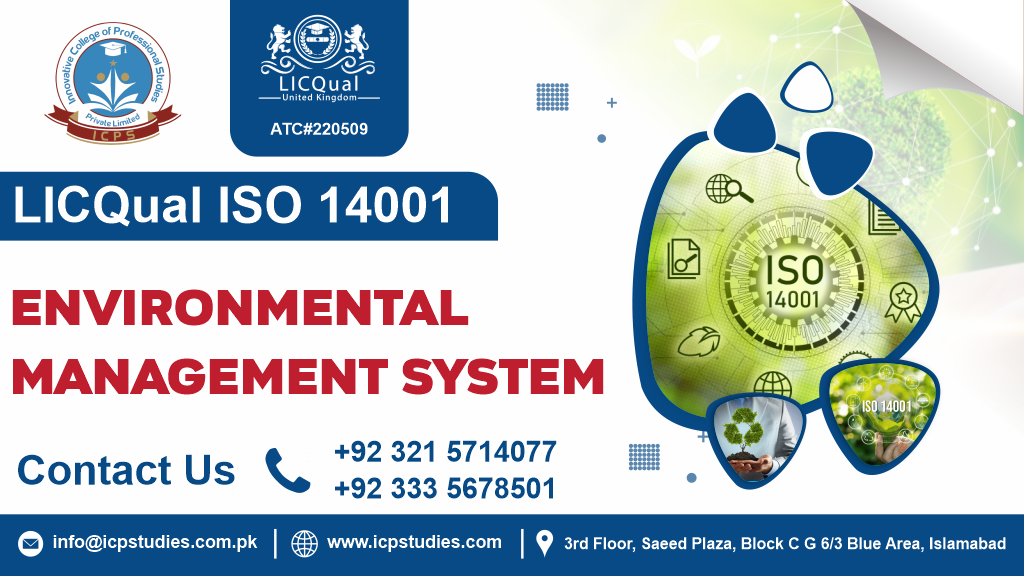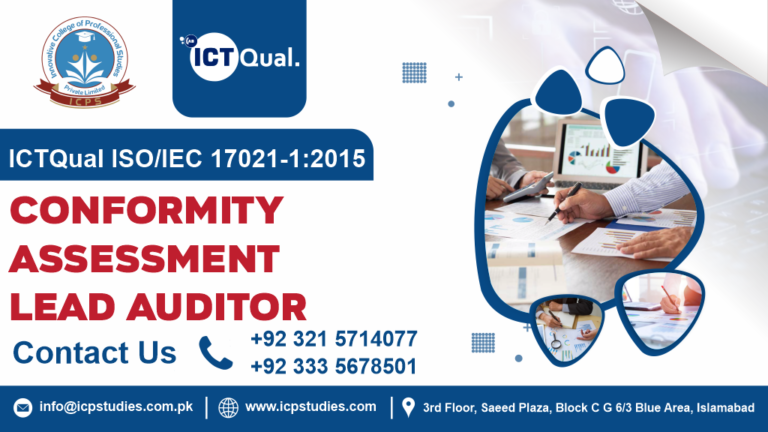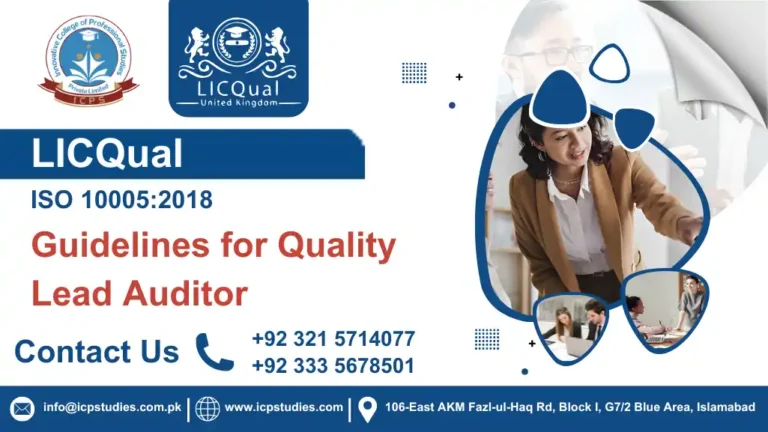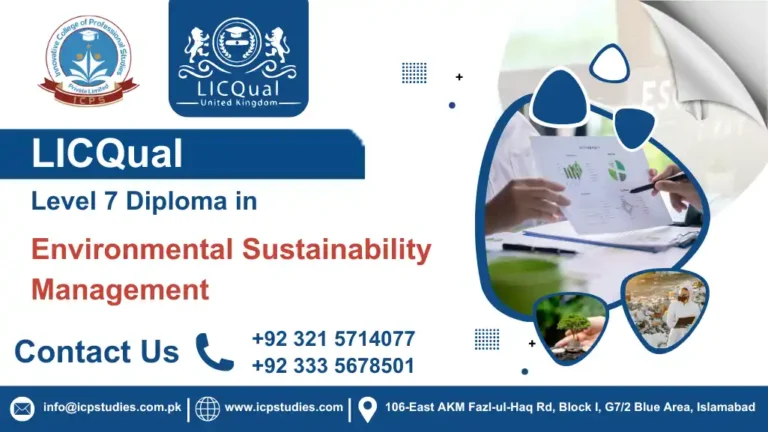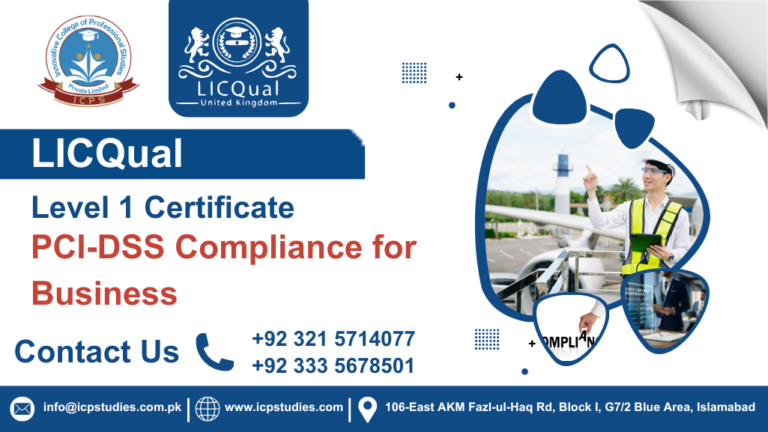In today’s world, where environmental sustainability has become a critical concern, businesses and organizations are increasingly looking for ways to reduce their environmental impact and improve their sustainability practices. One of the most effective frameworks to achieve this is ISO 14001:2024, a globally recognized standard for Environmental Management Systems (EMS).
ISO 14001:2024 is the latest revision of the International Organization for Standardization’s (ISO) standard for Environmental Management Systems. This standard provides a framework for organizations to manage their environmental responsibilities in a systematic manner that contributes to the environmental pillar of sustainability. It sets out the criteria for an EMS and provides practical tools for organizations to identify, manage, monitor, and control their environmental issues in a holistic manner.
ISO 14001:2024 provides a comprehensive framework for managing environmental responsibilities and improving sustainability practices. By implementing this standard, organizations can enhance their environmental performance, achieve regulatory compliance, and realize numerous benefits such as cost savings, improved reputation, and increased employee engagement. As environmental concerns continue to grow, adopting ISO 14001:2024 can position your organization as a leader in sustainable practices and contribute to a healthier planet.
All About ISO 14001 Environmental Management System
Course Overview
An ISO 14001 Environmental Management System (EMS) Internal Auditor is a professional responsible for conducting internal audits of an organization’s environmental management system to ensure compliance with the ISO 14001 standard. This role is crucial in maintaining and enhancing the effectiveness of the EMS by evaluating the system’s adherence to environmental policies, procedures, and regulatory requirements.
An ISO 14001 Environmental Management System Internal Auditor plays a vital role in ensuring that an organization’s environmental management system is effective, compliant, and continuously improving. By conducting thorough internal audits, internal auditors help organizations manage their environmental impact, meet regulatory requirements, and achieve their sustainability goals. This role not only supports compliance but also drives continuous improvement and enhances overall environmental performance.
Study Units
- Introduction to ISO 14001
- Environmental Legislation and Compliance
- Internal Auditing Techniques
- Risk Assessment and Management
- Continuous Improvement
- Documentation and Record-Keeping
- Communication and Reporting
- Educational Background: A degree or equivalent qualification in environmental science, engineering, sustainability, or a related field.
- Professional Experience: Relevant work experience in environmental management, compliance, or related areas, usually ranging from one to three years.
- Familiarity with ISO Standards: Basic understanding of ISO 14001 and other environmental management standards is beneficial.
- Knowledge of Environmental Regulations: Awareness of applicable environmental laws and regulations.
- Commitment to Learning: Willingness to engage with course materials and participate in practical assessments.
- Communication Skills: Strong verbal and written communication skills for effective documentation and reporting.
- Teamwork and Collaboration: Ability to work effectively with teams across various departments.
As specific requirements may vary by provider, it’s advisable to check the details of the course you are interested in.
4o mini
- Environmental Managers: Professionals responsible for implementing and overseeing environmental management practices within organizations.
- Internal Auditors: Individuals conducting audits of environmental management systems.
- Compliance Officers: Those ensuring adherence to environmental regulations and standards.
- Sustainability Officers: Professionals focused on integrating sustainability practices into organizational processes.
- Quality Assurance Personnel: Individuals involved in maintaining and improving environmental performance.
- Operations Managers: Managers looking to enhance environmental practices within their departments.
- Consultants: Advisors providing expertise on environmental management systems and ISO standards.
Overall, the course is suitable for anyone involved in the development, implementation, or auditing of environmental management systems.
Learning Outcome
Introduction to ISO 14001
- Understand the Standard: Gain a comprehensive understanding of the ISO 14001:2024 standard, including its purpose, structure, and key requirements.
- Framework and Benefits: Learn about the framework for an Environmental Management System (EMS) and the benefits of implementing ISO 14001 within an organization.
- Application of Principles: Recognize how the principles of ISO 14001 can be applied to enhance environmental performance and sustainability.
2. Environmental Legislation and Compliance
- Identify Relevant Legislation: Understand the key environmental laws and regulations applicable to the organization’s operations and how they align with ISO 14001 requirements.
- Compliance Requirements: Learn how to assess compliance with legal and other environmental obligations and integrate these requirements into the EMS.
- Monitoring and Reporting: Develop skills to monitor and report on compliance with environmental legislation and identify areas for improvement.
3. Internal Auditing Techniques
- Audit Planning: Learn how to plan and prepare for internal audits, including developing audit schedules, defining scopes, and allocating resources.
- Audit Execution: Master techniques for conducting effective internal audits, including interviewing staff, examining processes, and collecting evidence.
- Reporting and Follow-Up: Acquire skills in documenting audit findings, preparing clear and actionable reports, and following up on corrective actions to ensure issues are addressed.
4. Risk Assessment and Management
- Identify Environmental Risks: Understand how to identify and evaluate environmental risks and opportunities associated with organizational activities.
- Risk Management Strategies: Learn how to develop and implement risk management strategies to mitigate negative environmental impacts and capitalize on opportunities for improvement.
- Integration with EMS: Integrate risk assessment and management processes into the EMS to enhance overall environmental performance and resilience.
5. Continuous Improvement
- Principles of Improvement: Understand the principles and practices of continuous improvement within the context of ISO 14001 and environmental management.
- Implementation of Improvements: Learn how to apply continuous improvement techniques to enhance the effectiveness of the EMS and achieve better environmental outcomes.
- Performance Evaluation: Develop skills to evaluate the success of improvement initiatives and make data-driven decisions for further enhancements.
6. Documentation and Record-Keeping
- Document Control: Gain knowledge of best practices for documenting EMS processes, procedures, and records in accordance with ISO 14001 requirements.
- Record Management: Learn how to manage and maintain environmental records effectively to ensure accuracy, accessibility, and compliance.
- Audit Trails: Develop skills to establish and maintain audit trails for documentation and record-keeping to support internal audits and regulatory compliance.
7. Communication and Reporting
- Effective Communication: Understand the importance of clear and effective communication regarding environmental management within the organization.
- Reporting Procedures: Learn how to prepare and present comprehensive audit reports and communicate findings to stakeholders in a professional and actionable manner.
- Stakeholder Engagement: Develop skills to engage with various stakeholders, including employees, management, and external parties, to support the EMS and promote environmental awareness.
By completing the study units in the ISO 14001 Environmental Management System Internal Auditor course, participants will gain the necessary skills and knowledge to effectively audit, manage, and improve an organization’s EMS. These learning outcomes are designed to equip individuals with the expertise to ensure compliance with ISO 14001, enhance environmental performance, and contribute to sustainable business practices.
FAQs about ISO 14001 Environmental Management System

